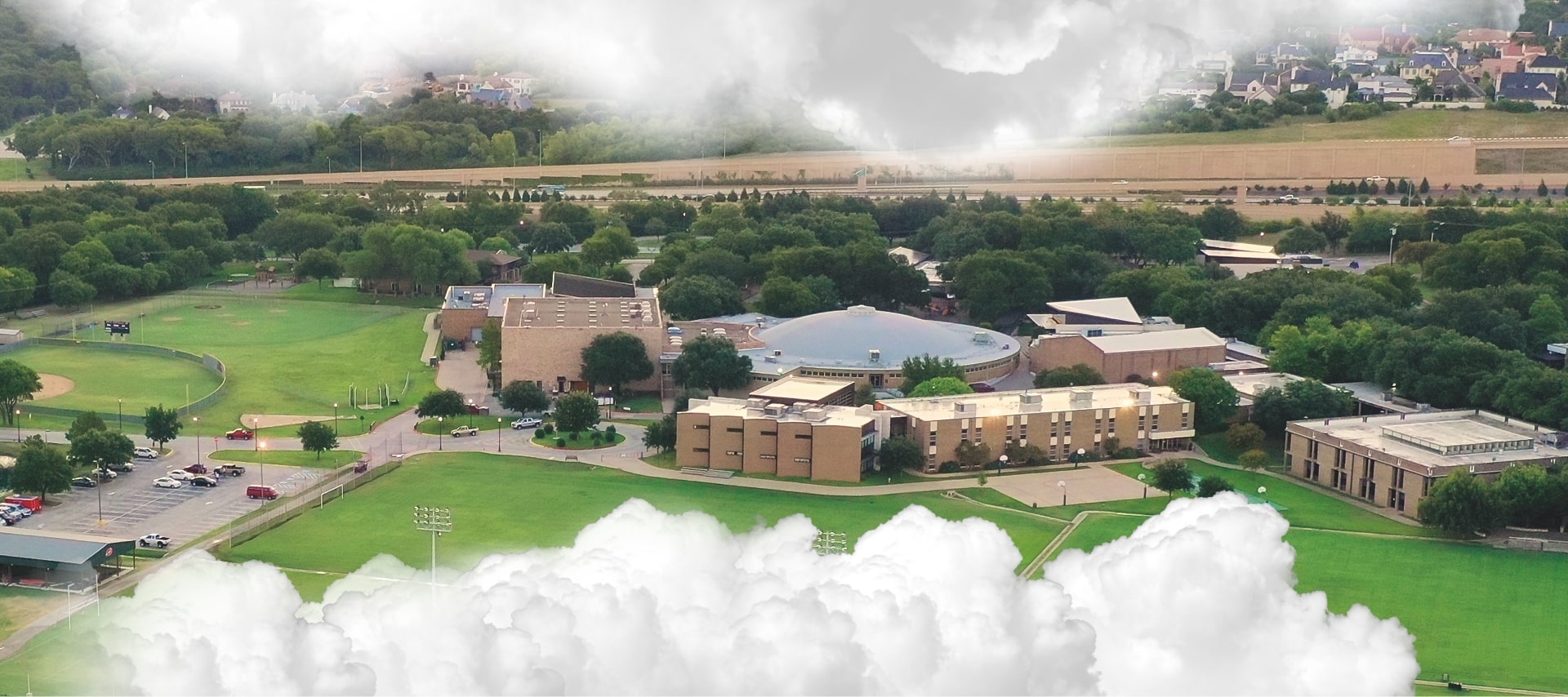Seen Read Heard
.png?command_1=resize&width_1=220)
The Overstory by Richard Powers
I do not know Powers’ other work. This Nobel Prize-winning book qualifies as a really unusual novel. Start with the fact that trees play a prominent role connecting a disparate collection of characters, from an online game developer to a college professor and including eco-terrorists. The plot is astonishing in its logical weave despite the unusual (radical?) foundation celebrating trees as an essential element of our world and lives.
If the plot gets a little overwrought for some, the writing never does. You could call much of Powers’ writing, in this case generated while he was teaching at Stanford University and inspired (according to Wikipedia) by his first contact with giant redwoods, as poetic. Unlike many out-of-the-box novels, this one is not especially hard to follow: Nine characters have their own introductory chapters to start the book, and Powers follows all nine of them through their own, occasionally overlapping, tales. Most uniquely, a specific tree or many trees always play a pivotal role. For instance, one character falls out of a tree and is paralyzed as a child; one character is radicalized after a near-death experience trying to save giant redwoods on the Pacific Coast, and she inspires another character to do the same; another couple prefers to live off the grid and study the biology of trees. Trees are victims of blight (chestnuts) and the lumber industry. Trees are portrayed by some characters as heroes, as resources, and as almost sentient beings. One character, a researcher, concludes some trees are actually social or communal in ways we had not previously known.
Some examples of the poetic writing:
“The color of trees, envy, freshness, growth, innocence. Green, green, green, green and green.” (26)
“Even as an infant, he hated being held. Every hug is a small, soft jail.” (48)
“The greatest flaw of the species is the overwhelming tendency to mistake agreement for truth.” (84)
“Rain the weight and color of lead. Shy rain, auditioning with stage fright.” (89)
“...Patty learns that real joy consists of knowing that human wisdom counts less than the shimmer of beeches in a breeze.” (115)
“Life was whispering instructions to her and she failed to write them down.” (159)
“I’lI hear myself best when I am sleeping.’” (179)
“Forests panic people. Too much going on there. Humans need a sky.” (220)
“‘You can replace forests with plantations. You can also arrange Beethoven’s Ninth for solo kazoo.” (284)
“They lock eyes for the tiniest forever.” (300)
“Gentleness is the deputy of her fatigue.” (371)
“To be human is to confuse a satisfying story with a meaningful one, and to mistake life for something huge with two legs.” (383)
“... the letters spell out a giant word legible from space: STILL.” (502)
And There Was Light: Abraham Lincoln and the American Struggle by Jon Meacham
Another Pulitzer Prize winner, Meacham is both a gifted writer and a gifted user of research. Google says there are at least 15,000 books about the 16th President, and plenty of them have used the same sources Meacham used. Yet this biographer consistently comes up with striking observations and facts, regularly making the explanation and even the information feel entirely new. Overall, Lincoln’s life, in the hands of Meacham, is a striking example of the importance of learning from history so we do not repeat it. It is a cautionary tale about the extremes of national division and a powerful celebration of important figures, like Vice Presidents, doing their duty under the utmost pressure.
The subtitle of the book might better mention the role of religion in Lincoln’s beliefs. References to Christianity’s role in Lincoln’s beliefs and decisions show up throughout the book. What Meacham said of Lincoln’s assassination could also apply to much of Meacham’s biography: “The news was refracted through the nation’s religious prism.” (407)
“As Lincoln had told the nation, the rebels read the same Bible and prayed to the same God, yet, in the eyes of the religious, the Lord had found the cause of the Confederacy wanting.” (383)
“[Lincoln’s] awareness that he governed best when he thought not only of pragmatism but of providence was by now acute.” (354)
Describing the motivations of John Wilkes Booth and Confederates in general, Meacham says, “If one were fighting God’s battles, then anything - including slavery and murder - was justified.” (395)
Though I have not researched Meacham, nor have I read any interviews with him about the book, I would further observe that, as a historian, he was fairly transparent in writing this biography “refracted through” his contemporary experiences. Publishing in 2022, Meacham makes many comments that can be seen as references to the dysfunctions of American politics in general and even to the January 6, 2021, events at the U.S. Capitol in particular.
“Reason, proportion, and a respect for the law - democracy’s threshold features - were casualties once public life ceased to be about the peaceful mediation of differences.” (395)
Though perhaps I read about it before, the account of threats to obstruct the popular vote for Lincoln in the official electoral count in Congress is striking through the lens of January 2021. Note the remarkable similarity between the Vice Presidential roles in 1861 and 2021:
“Much came down to a single man, and a single moment: the Vice-President of the United States. … Defeated for President, sympathetic to the Southern cause, yet constitutionally charged with being an honest broker, Breckenridge was the object of all eyes on Wednesday, February 13 (1861).” (214) “Breckenridge did his duty . .. ‘with Roman fidelity . . . and the nation was saved.’” (215) Meacham had to be wanting us, as his contemporary readers, to think of Vice President Mike Pence.
Perhaps Meacham has the contemporary United States in mind as well, considering debates about our history going on in both state legislatures and school board meetings, with this biography’s repeated chronicling of the southern states’ primary motivation for the war: defense of slavery. At the same time, he doubles down on Lincoln’s own commitment to end slavery, even as politics compel certain actions and statements from him: “For Lincoln, there could be no peace, and no victory, without emancipation.” (308)
My greatest appreciation of And There Was Light comes from the fact that I read the book out loud to my parents on Sunday afternoons over many months. That reading experience would have been precious even if the book had not had remarkable writing. As a final example, consider this assessment: “Lincoln courageously resisted compromising on slavery in an hour when such compromising was within the realm of acceptable opinion…. Abraham Lincoln (in the winter of 1860-61) was both statesman and moral being, choosing the difficult over the easy, the catastrophic over the convenient, the right over the wrong.” (201)




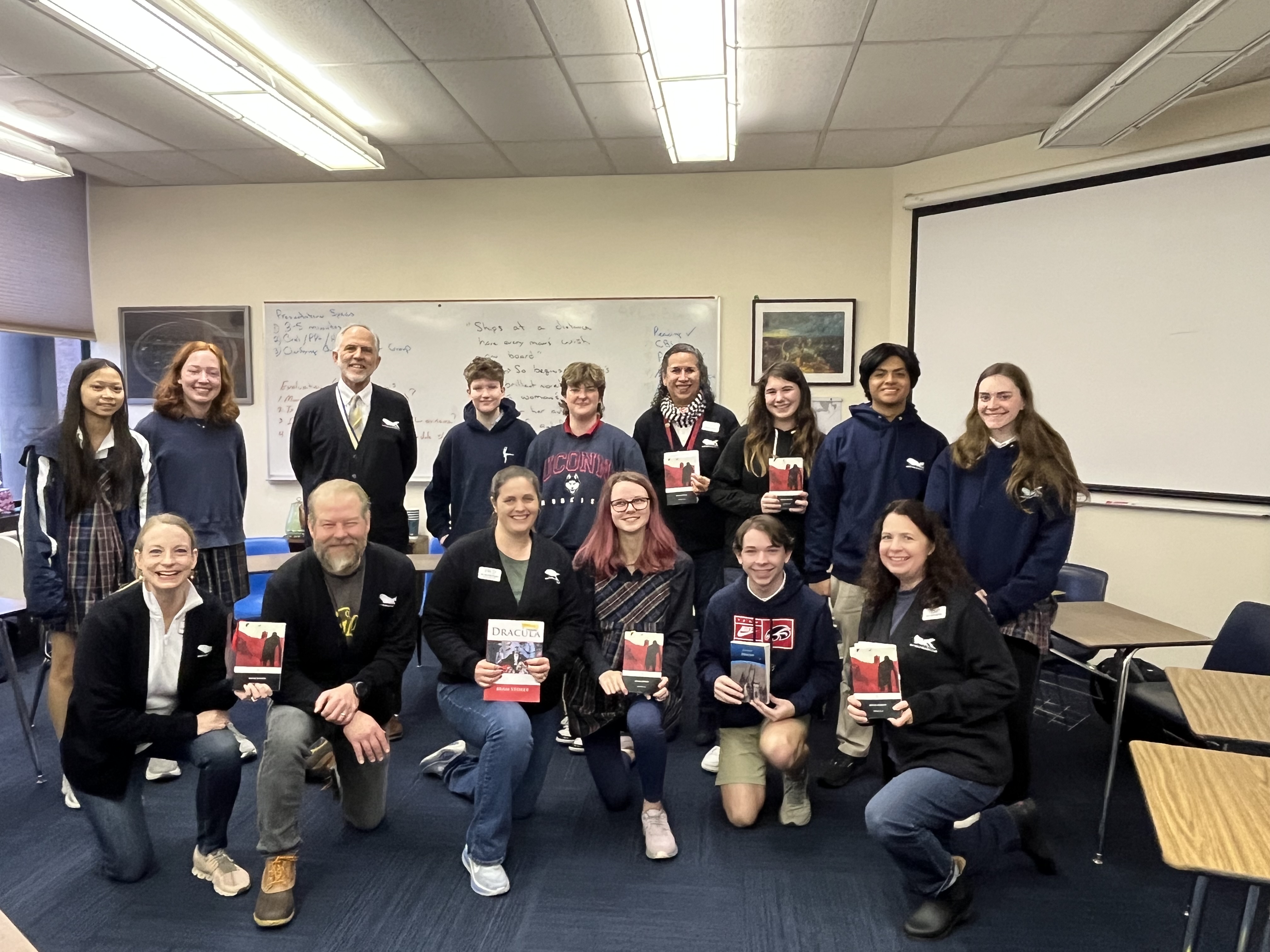
.jpg)





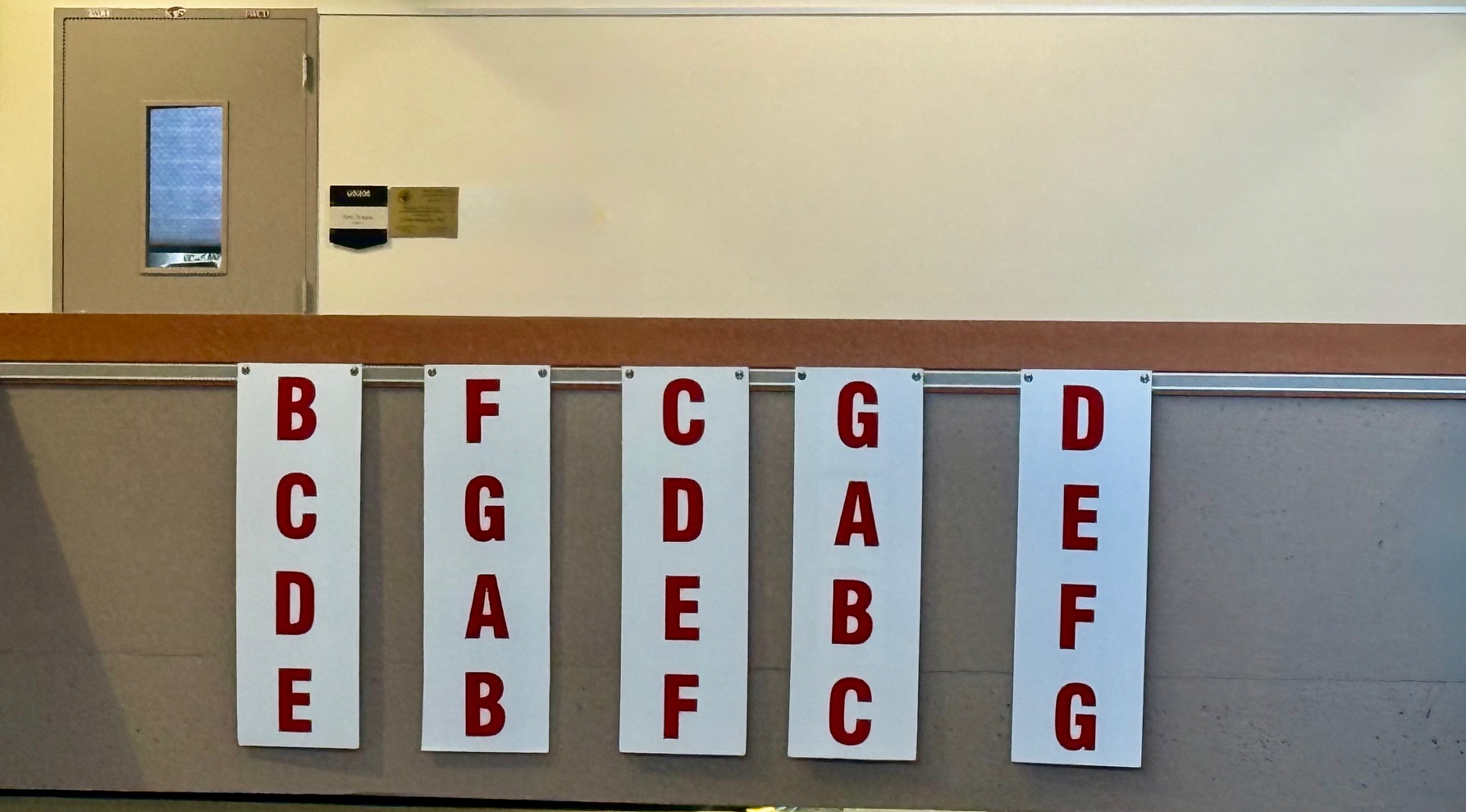
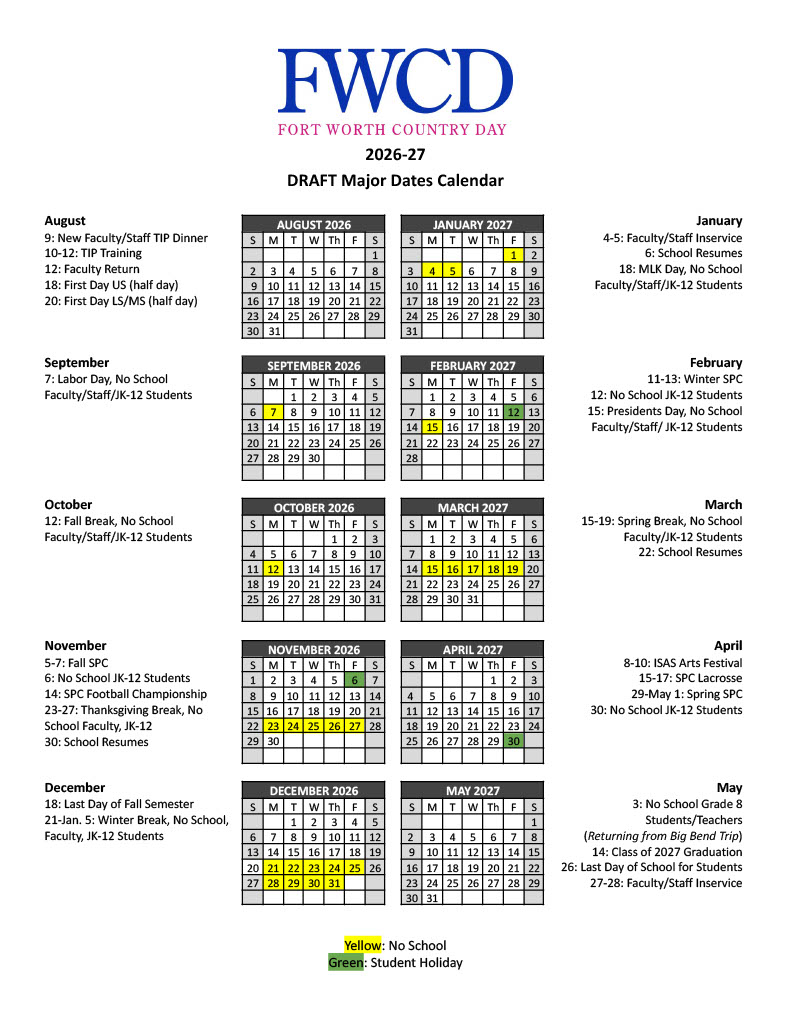
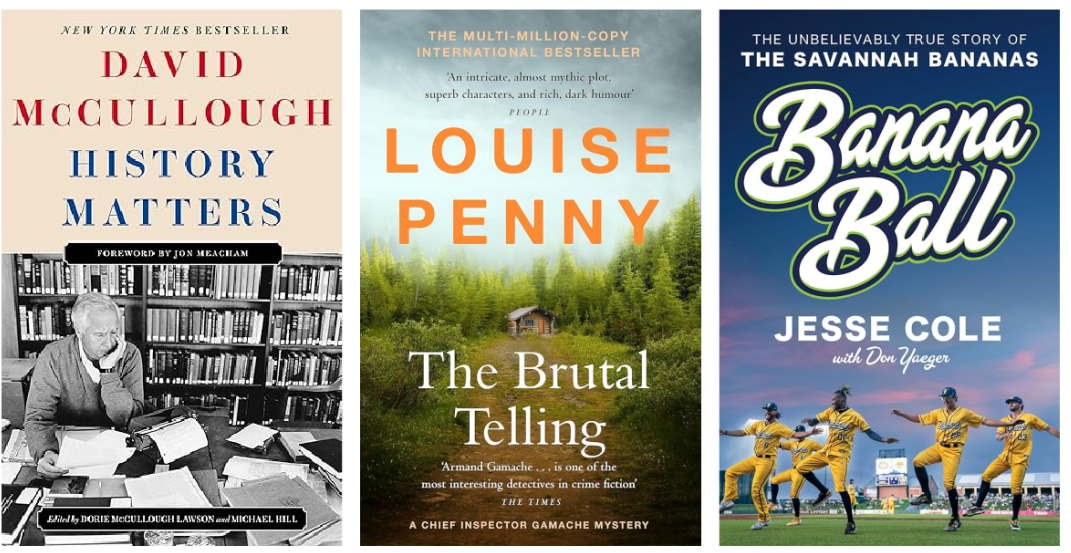



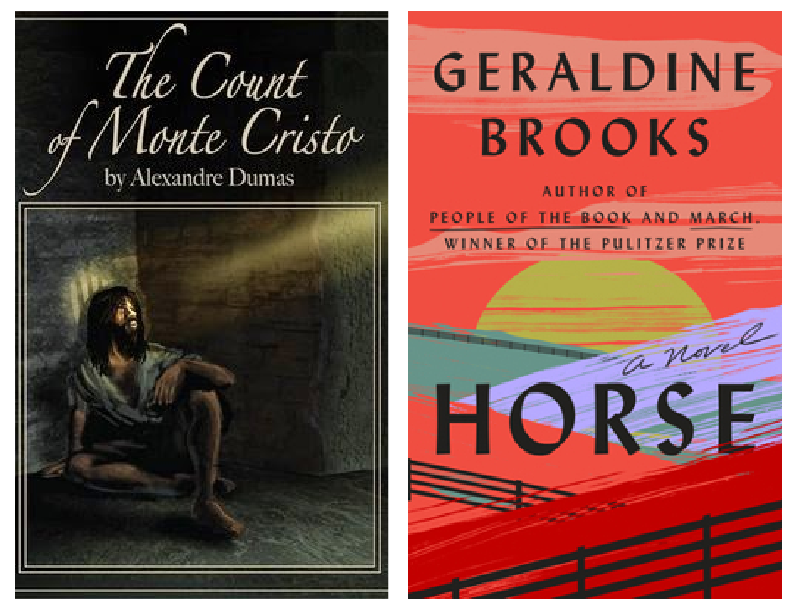


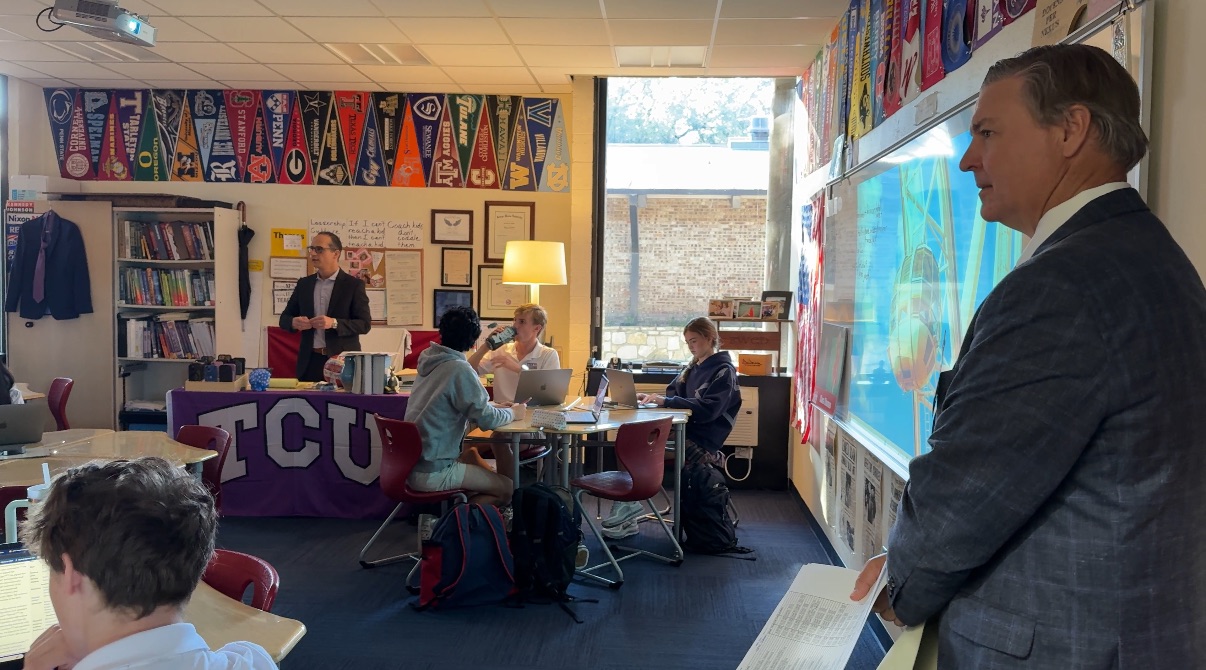
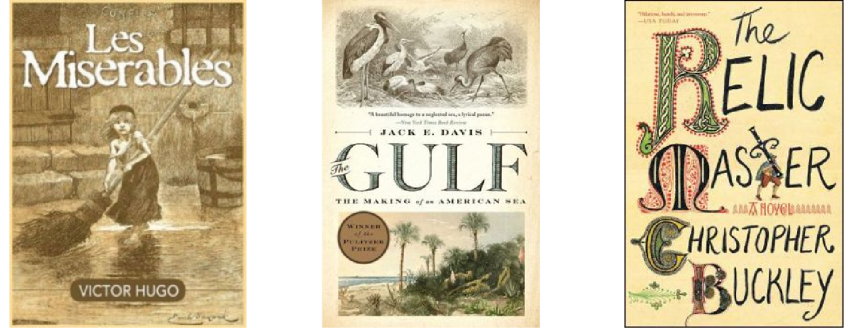


.png)
